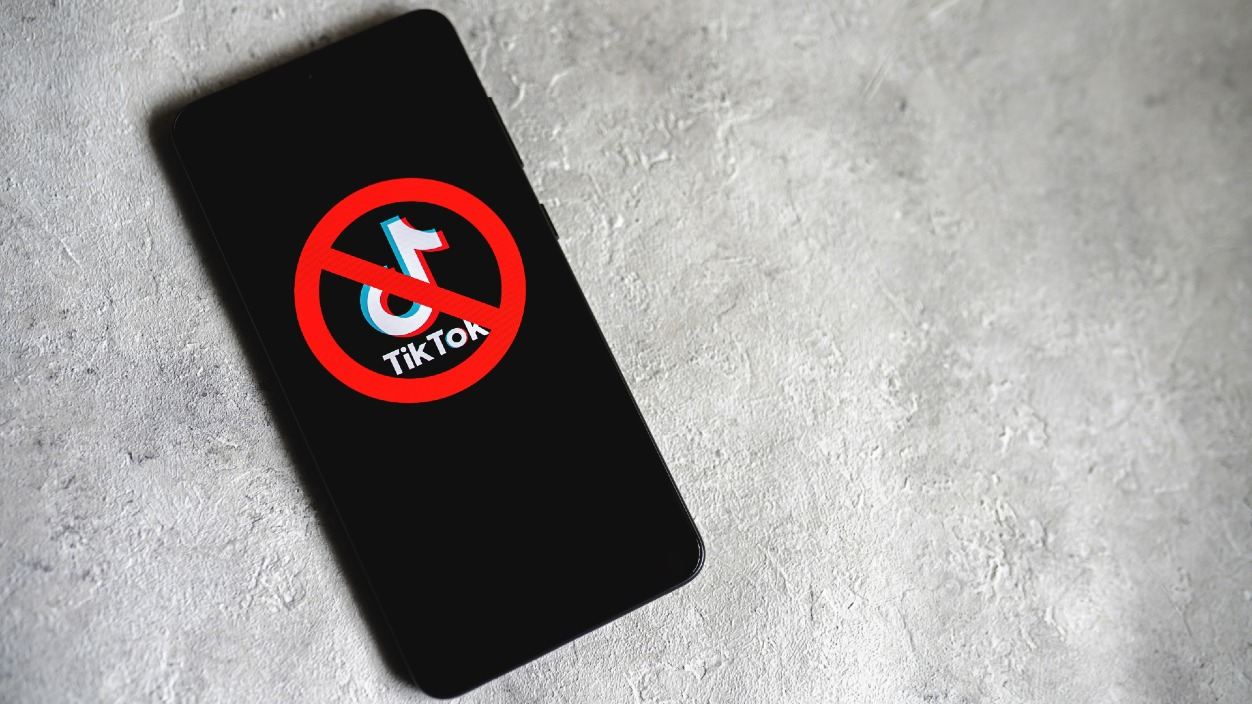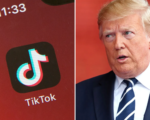Albania’s recent decision to impose a year-long ban on TikTok has ignited a heated debate about freedom of speech and its potential impact on business operations. The ban, announced by Prime Minister Edi Rama on December 21, follows the stabbing death of a 14-year-old boy in November, which was reportedly linked to online clashes between students. The government claims the move is aimed at reducing youth violence, but critics argue it threatens both commerce and civil liberties ahead of the country’s May elections.
For small business owners like Ergus Katiaj, who uses TikTok to promote his shop in Tirana, the ban could have a significant financial impact. Katiaj relies on the app to attract customers for late-night deliveries of potato chips, cigarettes, and alcohol, with TikTok’s free marketing adding roughly 1,000 euros to his monthly earnings. He expressed concerns about the loss of this tool, emphasizing how TikTok has become essential for local businesses.
The ban comes amid growing concerns globally about the potential harms of TikTok, particularly in relation to security issues tied to its owner, China-based ByteDance, and its connection to the Chinese government. More than 20 countries have already imposed bans or restrictions on the app, citing concerns about inappropriate content or data privacy risks. However, critics in Albania view the move as part of a broader effort by Rama to stifle political dissent, especially after a year of unrest marked by violent protests against the imprisonment of opposition leaders.
Rights groups and opposition politicians have voiced concerns that the ban is a dangerous precedent that could lead to governments shutting down other platforms at will. Orkidea Xhaferaj of the Tirana-based think tank SCiDEV warned that such actions could limit citizens’ ability to freely communicate and organize, particularly as TikTok has become a powerful tool for opposition groups to spread their message.
TikTok itself has questioned the Albanian government’s decision, stating that reports suggest the violent videos leading up to the incident were posted on another platform, not TikTok. The company is seeking clarification from the government about the basis for the ban.
In addition to concerns over free speech, the decision has sparked fears that it may be a move to curtail opposition communication ahead of the upcoming elections. Arlind Qori, leader of the opposition party Bashke, argued that the ban would undermine the ability of political opponents to reach voters, calling it an attempt to silence dissent.
Prime Minister Rama, however, has defended the ban as a protective measure for young people. He reiterated that the Albanian version of TikTok would not showcase harmful content, unlike the international version, which he described as a platform for “scum and scoundrels.” Rama emphasized the need to protect youth from such influences.

















